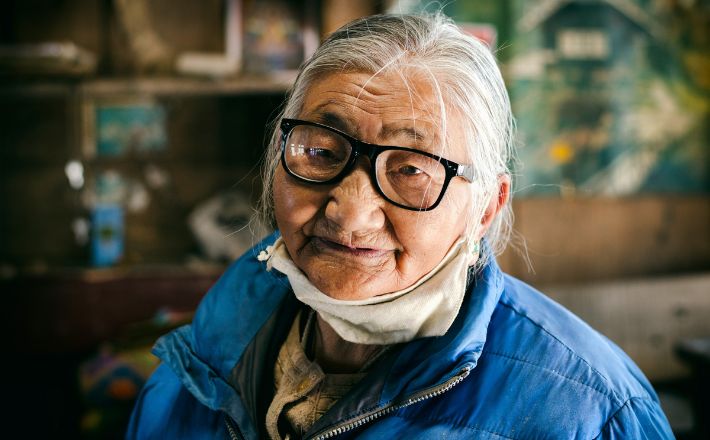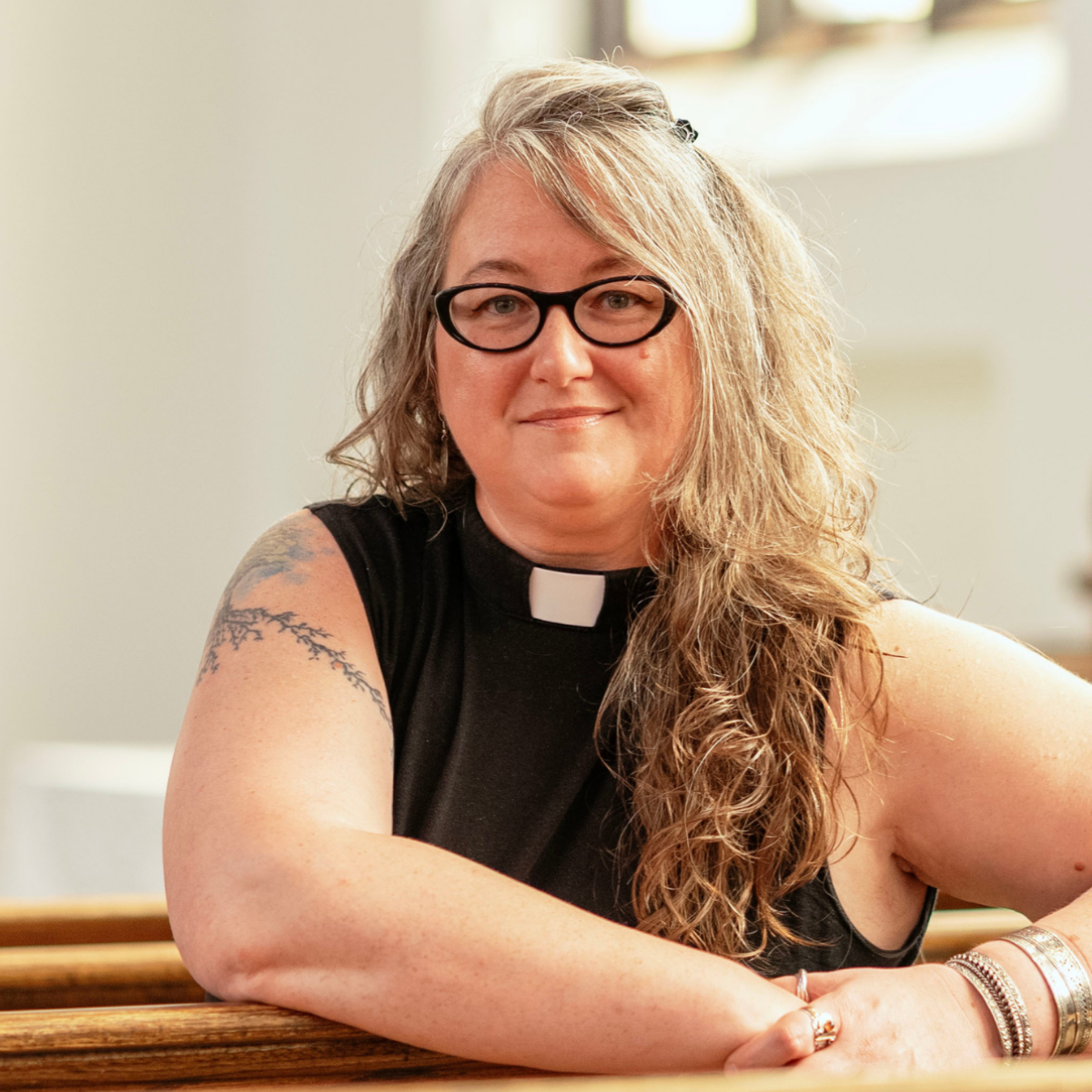Jesus spent a whole lot of time on the margins of society. Rather than positioning himself among the powerful and prestigious, he positioned himself among poor folks, powerless people, and persons ostracized from society.
If we’re going to preach the Good News of Jesus, we must tell these stories. How do we do that in a way that is respectful of, and safe for, the people whose stories we tell? How do we tell those stories in a way that builds authentic connection and community rather than resorting to “poor them” stories that create distance from the pulpit?
For seven years, my church has offered a free weekly meal, Jubilee Café, and I often share stories from that ministry in sermons and on social media. I have not always done this right. But with 25,000+ meals served, I have learned some things about how to do this effectively and ethically.
Consent
- The YES is theirs, and so is the NO. It’s true in all relationships: An enthusiastic yes is best. Have you gotten an enthusiastic yes from the person whose story you want to tell? Did you ask them if it was OK to tell their story? Often at Jubilee, I will have an interaction with a guest that changes me. They’ve told me about their circumstances, or come in with a particular need, and my Grinch-like heart grows threefold. That’s when the lightbulb goes off—this is a story that will preach. That’s when I ask the person if it is OK for me to share it. If they consent, there is MORE to the yes. If they say no, respect the no.
- More to the YES! Once consent is given, we talk about how and when it will be shared. There’s also the question of whether to use a person’s name or not. Even when a guest has said yes, I often change their name or use no name at all.
- The CHILD OF GOD before you is more important than their YES! It simply is not safe for some of our guests to share their name, face, or whereabouts. People who have escaped abusive relationships, are not out to their families or employers, are struggling with sobriety, and undocumented immigrants, among others, have all asked to remain anonymous. When guests would like to maintain their anonymity, I will change defining characteristics like age or gender. Sometimes, the story I tell is a composite, pulling together different strands from different stories, and it is OK to do this. You aren’t filing a detailed report; you are telling a story. Storytelling must be true. At Jubilee, we also never take photos of our guests without their express consent. Even so, we rarely show faces.
Collaboration
- Together is better than alone. In having the consent conversation, I then get to ask what else they want people to know. This gives power to the person living the story, not to me the observer or hearer. Amplify their voices, not your own. If their lived experience is shared using direct quotes, you will minimize the assumptions you weave into their story.
- Check your privilege. I am a straight, middle-class, educated, white, non-disabled, cisgender woman. If I am drawing a conclusion about the lived experience of someone different than me, all of the privileges I walk around with in this world will shape that conclusion. I will get it wrong. I have to get myself out of the way as much as possible. But I also have to name the privilege that I have in humility. This kind of confession is how we move toward solidarity with marginalized folks.
Community-Building
- Real relationships. “So you say you love the poor?” Gustavo Gutiérrez famously asked, then challenged, “Name them.” Gutiérrez means: Be in deep enough relationship with people, enough to know their names. Really love them, not just the idea of being charitable. Or, to frame it in terms of an interdisciplinary approach, when doing community-based participatory research, the question becomes: Who is qualified to conduct research with marginalized populations? When you are going to preach from the margins, ask yourself: What kind of relationship do I, or does our faith community, have with the person whose story is being shared? Do we? If we do not, then the work begins with the relationship, not the story. How might we be in deeper relationship?
- Space, systems, structures. How will the person benefit from their story being shared? How can we shift so the people whose stories are being shared can participate and lead, shaping space, systems, and structures? Who has the power? At Jubilee Café, often the “us and them” lines blur. Our guests often volunteer and vice-versa. There is an ethic of care that exists in that space only because we all agree on how people are treated there. When someone trespasses outside that ethic, we work together to restore it. For preachers, the task of community-building is essential; otherwise we risk replicating old models of conquest, supplanting pity for empathy and colonialism for mutuality.
The Good News is only Good News if it is Good News for all. How, when, where, and why we tell those stories makes all the difference. God knows, our ever-indifferent world needs it.

